Speakers
Prof. Maristella Agosti
University of Padova, Italy
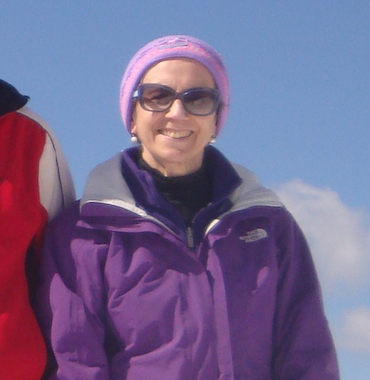
Talk title: Information access through search engines and digital libraries
Abstract: Information Retrieval (IR) identifies the activities that a person (user) has to conduct in order to choose from a collection of documents those that will satisfy a specific and contingent information need. The aim of IR therefore is to help and support the user in choosing those documents from among the available ones that are more likely to satisfy their information need. When the collection of documents reaches a size that makes manual inspection of the documents prohibitive, as is the case with web pages and web documents, the collection and the application of the retrieval function are automatically managed through an information retrieval system, also called a search engine. Digital Libraries (DL) have been steadily progressing over time and they now determine how citizens and organizations study, learn, access and interact with their document collections. Despite their name, DL are not only the digital counter-part of traditional libraries, but they also deal with other kinds of organizations, such as archives and museums, and also private companies. IR and DL have the common aim of satisfying user information needs across huge document collections. However, they deal with document collections that differ in the way they are built, in the type of documents that are managed and in the contents that are made available. The talk will show how in the early days both IR and DL were mostly concerned with retrieving and providing access to relevant information, which was then typically processed and used outside the system providing it. Today, however, there is an increasing need to engage users with the digital contents through personalized search or by allowing them to add their own content in different forms.
Prof. Barbara Carminati
University of Insubria, Italy
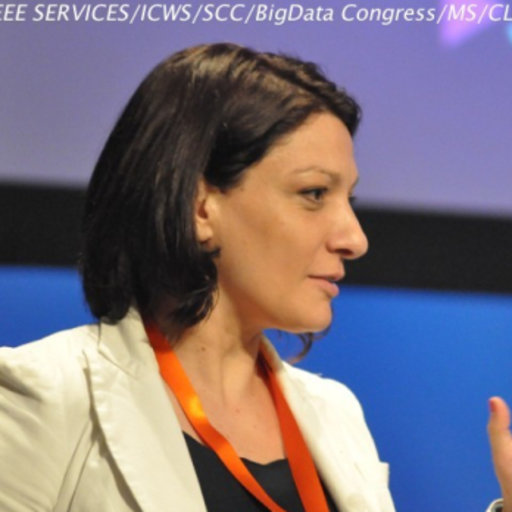
Talk title: Women in cyber - CONCORDIA H2020 contribution
Abstract: Today, we have unquestionable evidence that gender diversity brings benefits. Men and women complement each other in their skills, attitude towards risk and collaboration, bringing different perspectives to the workplace. The cybersecurity field, like others, can only take advances from a diverse and inclusive workspace. However, according to the 2019 Women in Cybersecurity report from (ISC)², currently, women represent only 24% of the overall workforce in Cybersecurity. This demands for concrete actions to incentivising women to join the field of Cybersecurity. In this talk, we will present how CONCORDIA project contributes towards this direction. CONCORDIA is one of the four pilot projects funded by H2020 call in order to support European Cybersecurity Competence Network and developing a common European Cybersecurity Research & Innovation Roadmap. In CONCORDIA, diversity and inclusion are considered drivers for success. This is reflected in its work plan where a dedicated task is devoted to women in cyber. Indeed, compared to other STEM fields, Cybersecurity demands a tailored gender-gap strategy. We have to face the widespread perception of the Cybersecurity as a male-dominated and highly specialised IT field, thus, not an appropriate area for women to enter into.
Dr. Sara Corsi
Member of AIIC (Associazione Italiana Esperti Infrastrutture Critiche), Italy

Talk title: Move in Cybersecurity: neophytes' experience and a multidisciplinary perspective
Abstract: Female presence in cybersecurity management is reduced to minimum, 25% against 75% of male presence, at worldwide level. Cybersecurity companies don’t invest in female figures, even if is proved that women presence in tech company has a positive reply. By the other side, one of the reasons of this underrepresentation is that women too don’t consider cybersecurity as a possible career perspective. We’ll bring our experience as novices in cybersecurity field, as a demonstration of how much this is a working area with plenty of variety, a wide scope and open to a multidisciplinary perspective. We’ll try to answer to the question: “Do you need of a specific degree in Cybersecurity to get into the field?”, showing how different backgrounds could be integrated in the path to become a cybersecurity professional.
Prof. Sara Foresti
University of Milano, Italy
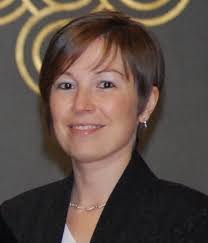
Talk title: Data Security and Privacy in Emerging Scenarios
Abstract: Thanks to the rapid evolution and wide diffusion of Information and Communication Technologies, our society is more and more relying on services offered at competitive prices by cloud providers. The advantages of these emerging scenarios are considerable and widely recognized. However, these advantages inevitably come, for data owners, at the price of loss of direct control over data. This talk will illustrate some of the security issues characterizing emerging scenarios, with particular attention to data protection.
Prof. Giada Giorgi
University of Padova, Italy
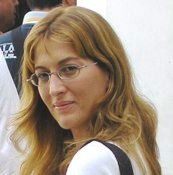
Talk title: Security and reliance in Cyber-Physical Systems: The role of measurement systems
Abstract: TBD
Dr. Giulia Inzerilli
Member of AIIC (Associazione Italiana Esperti Infrastrutture Critiche), Italy
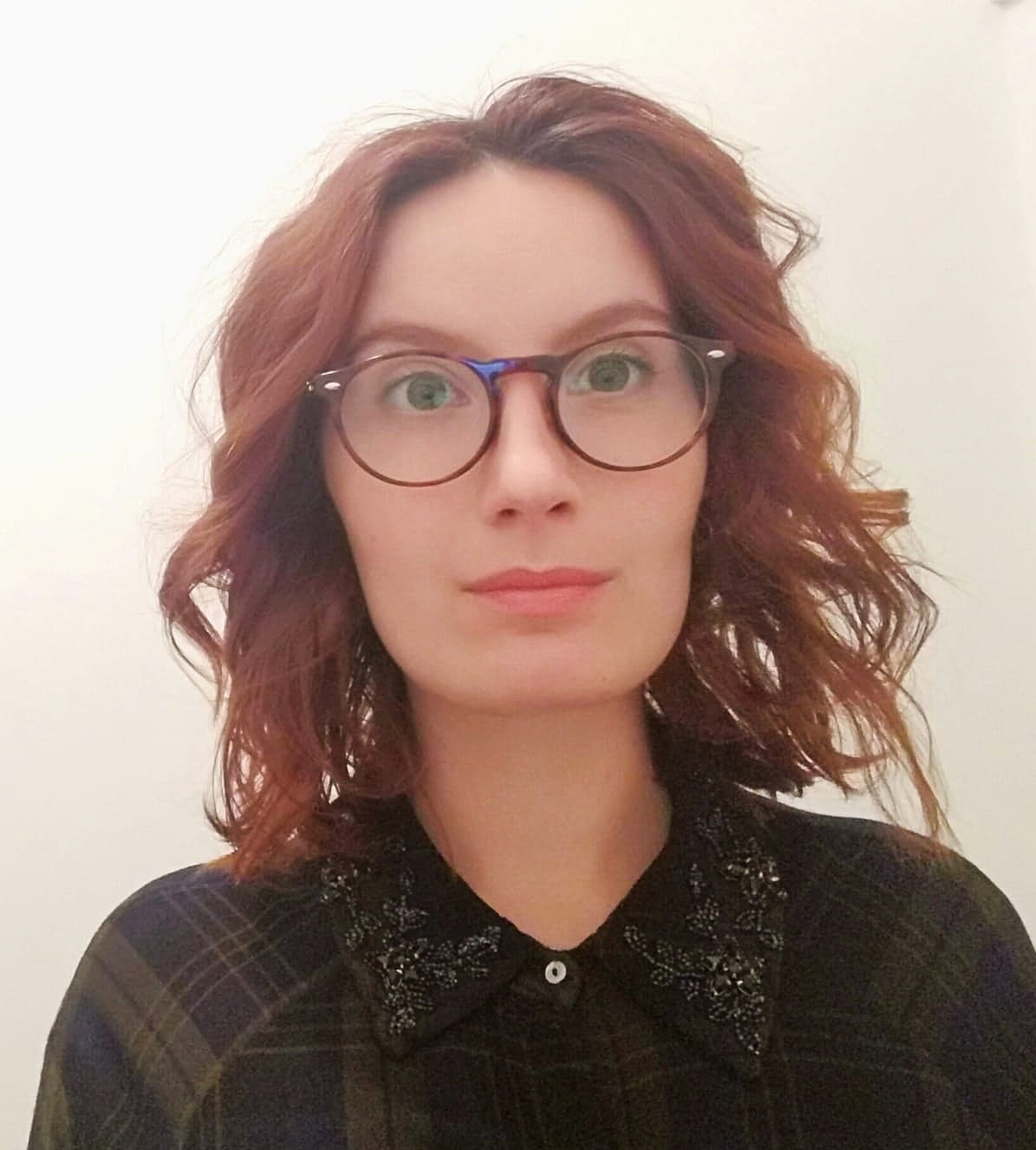
Talk title: Move in Cybersecurity: neophytes' experience and a multidisciplinary perspective
Abstract: Female presence in cybersecurity management is reduced to minimum, 25% against 75% of male presence, at worldwide level. Cybersecurity companies don’t invest in female figures, even if is proved that women presence in tech company has a positive reply. By the other side, one of the reasons of this underrepresentation is that women too don’t consider cybersecurity as a possible career perspective. We’ll bring our experience as novices in cybersecurity field, as a demonstration of how much this is a working area with plenty of variety, a wide scope and open to a multidisciplinary perspective. We’ll try to answer to the question: “Do you need of a specific degree in Cybersecurity to get into the field?”, showing how different backgrounds could be integrated in the path to become a cybersecurity professional.
Prof. Antonia Larese
University of Padova, Italy
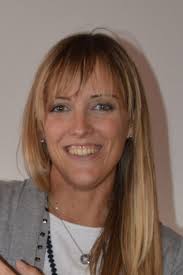
Talk title: Increasing safety of civil structures in extreme natural events through “cyber modeling"
Abstract: In the last decades we have observed a rapid growing of the frequency and intensity of extreme hydrological events such as floods, landslides, debris flows. Unfortunately, existing scenarios predictions are confirming that this tendency will keep worsening in the near future. This exposes our infrastructures to forces that may significantly exceed those assumed in their design, compromising very often their structural integrity. Even if, in most cases, little could be done to minimize the effect of such disasters, the design of new structures and protecting systems should be performed so as to minimize the damage induced by fluid forces during natural hazards. A first step towards this goal is the possibility to assess, in a fast and accurate way, the interaction between the fluid or the sliding mass the surrounding terrain and infrastructure. This is achieved by the development of innovative techniques in computational engineering to create “cyber-models” of the structure during an extreme event.The seminar will give an overview of the past and future research lines on the prediction of the effect of water-related natural disasters on critical infrastructures and landscape.
Dr. Eleonora Losiouk
University of Padova, Italy
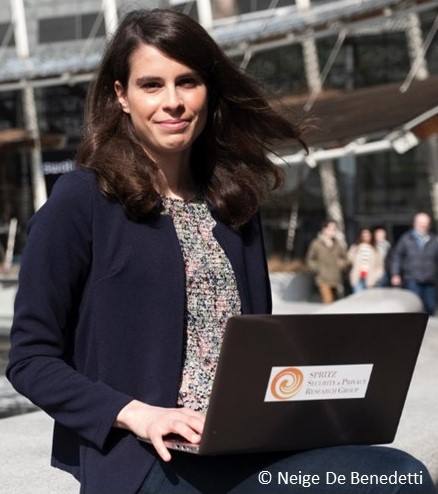
Talk title: Two sides of the same coin: from the development of Android mobile apps for telemedicine systems to the identification of security and privacy issues of the Android OS
Abstract: Due to my background in biomedical engineering, I focused my PhD on the development of Android applications that could enhance the life of: patients, clinicians or medical experts. In particular, I first worked on a decision support system, designed to automatically guide the physician towards the best clinical decision for a patient according to his symptoms. Then, I moved to the design of telemedicine systems aimed at synchronizing clinical data from remote locations and used for clinically significant trials involving adult and preterm newborn patients. At the end of the PhD, I got the chance to investigate the CyberSecurity field for the first time and... it was love at first sight! I ended my PhD by working on a privacy issue of Android and I loved it so much that I definitely decided to move to CyberSecurity for my Postdoc. After joining the Spritz Group, I have been investigating several issues of the Android OS: how Android apps can easily get the list of all installed apps and how companies use this information to profile mobile users; how a malicious add-on, that claims to add novel features to an app, can lure the user to install a malware that can exfiltrate sensitive data from the smartphone; how a security design issue introduced in the Android implementation of the Bluetooth communication can lead malicious apps to steal data from external devices.
Prof. Federica Pascucci
Roma Tre University, Italy
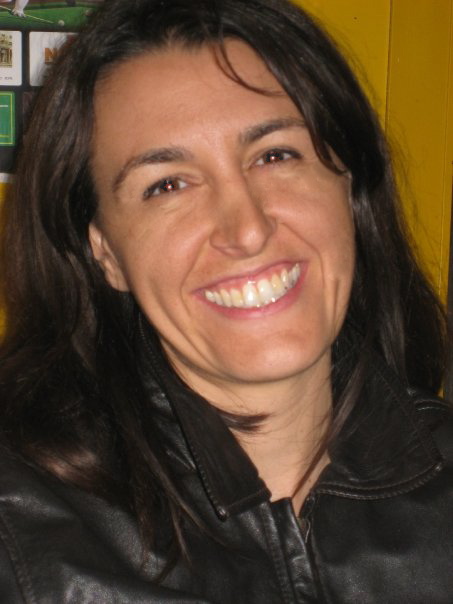
Talk title: Securing societies
Abstract: The interaction among networking, sensing, and control in the modern society results in a variety of new devices used in many sectors such as health, energy distribution, or transportation. The convergence of Internet of Things, cloud computing, and cognitive computing into cyber physical systems is considered as the next big thing: securing cyber physical systems will be the next big challenge.
Prof. Fabiana Zollo
University of Venice, Italy
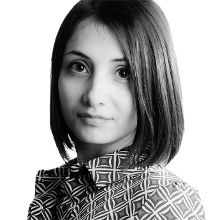
Talk title: Dealing with Digital Misinformation: A polarised context of narratives and tribes
Abstract: The advent of the Internet and web technologies have radically changed the paradigm of news consumption, leading up to the formation of a new scenario where people actively participate not only in the diffusion of content, but also its production. In this context, social media have become central and rapidly established as the main information source for many of their users. However, social media are riddled with unsubstantiated and often untruthful rumors that can influence public opinion negatively. Thus, it is crucial to understand the main determinants behind content consumption and the emergence of collective narratives online. In this talk, we address such a challenge by analyzing massive data from online social media, such as Facebook and Twitter. We show the existence of the so-called echo chambers, polarized groups of like-minded people where users reinforce their pre-existing opinions. Moreover, we study the role of confirmation bias in content consumption, address the emotional dynamics inside and between different narratives, and analyze users’ response to both confirmatory and contrasting information (fact-checking). Finally, we investigate possible communication strategies to improve trust, smooth extreme polarisation and promote civil debate around controversial topics.
